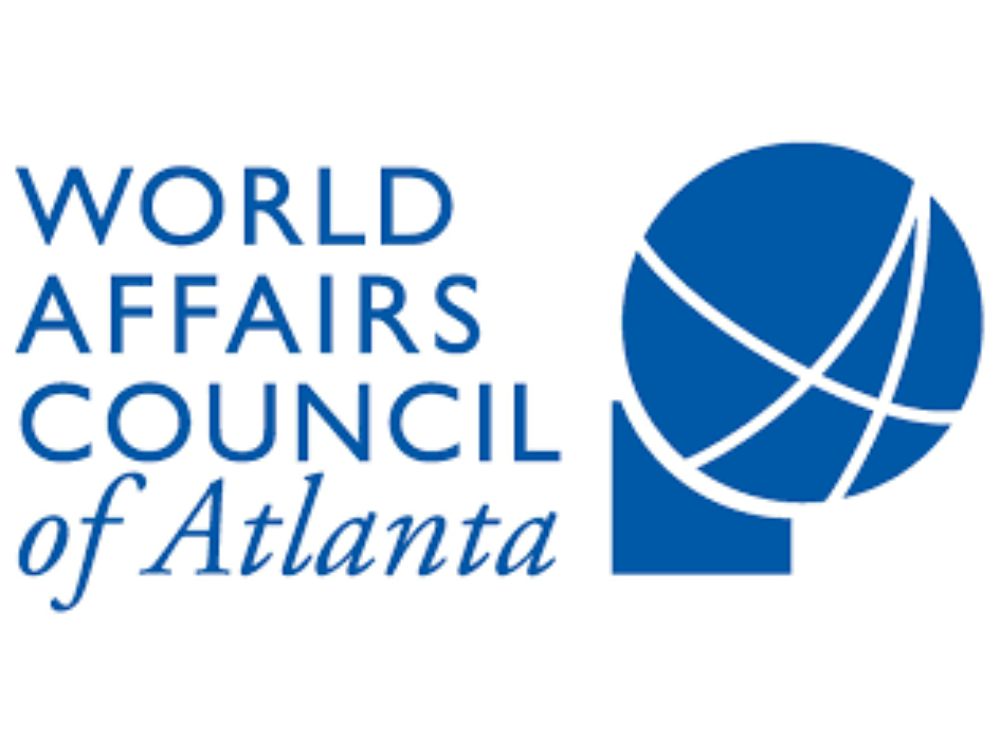As climate change accelerates the melting of Arctic ice, the region is rapidly emerging as a new geopolitical frontier. The Arctic holds immense strategic value due to its untapped natural resources—estimated to include 13% of the world’s undiscovered oil and 30% of its natural gas—as well as critical rare earth minerals essential for modern technologies. Melting ice is also opening new maritime routes that could significantly shorten global shipping times, increasing the region’s economic and military importance.
Major powers, including the United States, Russia, and China, are expanding their presence in the Arctic, viewing it as a key arena for influence, resource competition, and military positioning. The Arctic’s role in global security is further underscored by its proximity to the Greenland-Iceland-United Kingdom (GIUK) gap, a vital chokepoint for NATO defense strategy.
Within this broader context, the Trump Administration renewed U.S. focus on Greenland as a strategic asset. Greenland’s geographic location makes it a cornerstone of Arctic defense, prompting the administration to place its military installations under U.S. Northern Command in 2025. The island’s vast reserves of rare earth minerals also attracted attention, particularly as the U.S. sought to counter China’s dominance in critical supply chains.
President Trump’s controversial proposal to purchase Greenland from Denmark, while dismissed by both Danish and Greenlandic leaders, reflected a broader ambition to assert U.S. dominance in the Arctic. However, this approach drew criticism for marginalizing Greenlandic voices and treating the territory as a geopolitical commodity rather than recognizing its people as autonomous actors. As Greenland moves toward greater self-determination, future U.S. engagement will need to balance strategic interests with respect for local governance and aspirations.
The World Affairs Council of Atlanta speaks with the authors of the book “Greenland – A Journey from the Earliest Times to a Modern Society,” published in March 2025. Mira Kleist is Head of the Greenland Practice, Kaya Partners. Jens Heinrich, Ph.D. is Head of Mission, Greenland Representation in Denmark. Bo Lidegaard, Ph.D. is Co-founder, Kaya Partners.
